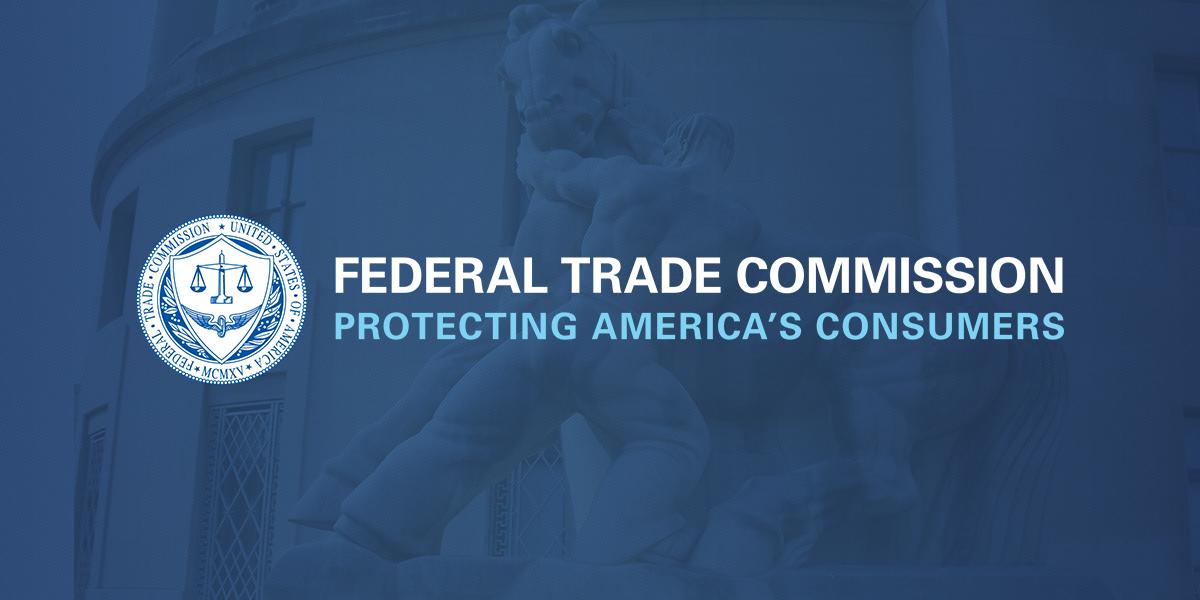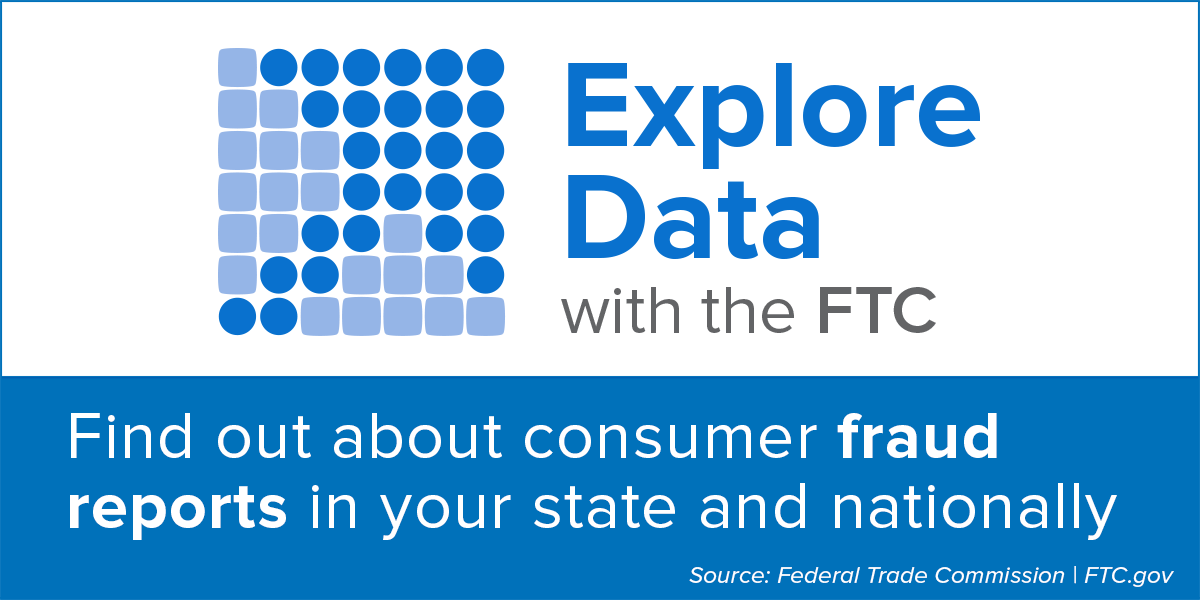"Talkin' 'bout lead gen-eration"

"Talkin' 'bout lead gen-eration"
As a recent FTC action against three companies and their owner proves, ads promising quick and easy relief from credit card debt are likely to attract law enforcement attention. But this case featured an interesting twist because what the company really was up to was generating leads it turned around and sold to other companies.
According to the FTC’s lawsuit against Media Innovation, Hermosa Group, Financial Future Network, and Jonathan Greenberg, the Rockville, Maryland, companies advertised debt settlement services through English and Spanish radio and television ads that ran nationally. The ads featured a laundry list of questionable claims:
► Find out today how quickly and easily you can eliminate your debt.
► Let the professionals at the Financial Future Network help, and enjoy the freedom of debt-free living.
► It's quick! It’s easy!
► It’s simple, secure and proven.
► Legally reduce your debt. Lower your monthly payments.
One TV ad featured a bar chart that shows a consumer’s debt shrinking from "thousands" to "hundreds" with the words "You Pay Less!" or "You Pay LESS with Hermosa!" on the screen.
So when people called the advertised toll-free number, did the companies provide debt settlement services or sign them up in a debt settlement program? Nope. Instead, callers were immediately routed as "leads" to other companies that paid the defendants between $50 and $65 per name and phone number. About 80% of the leads generated by the ads were sold to an unrelated outfit that, in turn, referred the leads to other debt settlement companies or law firms.
According to the FTC’s complaint, the defendants didn’t provide debt settlement services and didn’t have proof to back up their claims that they — or any other company — could substantially reduce or eliminate customers’ debts or achieve these results quickly. The FTC also charged that the defendants didn’t have substantiation that the companies that ultimately got the leads delivered the promised results.
The upshot from the settlement: $500,000 disgorgement, an $8.5 million suspended judgment, tough injunctive provisions, and a lifetime ban against defendant Greenberg from any involvement in the debt relief services industry.
An important P.S. for people in the debt relief industry: The FTC recently amended the Telemarketing Sales Rule mandating key disclosures to customers and making it illegal to collect fees before delivering promised debt relief services. Although the actions in this case predated the amendment, the new rule is in full force now. To find out more, read Debt Relief Services & the Telemarketing Sales Rule: A Guide for Business and Debt Relief Services & the Telemarketing Sales Rule: What People Are Asking or watch this video.
What's Your Reaction?
 Like
0
Like
0
 Dislike
0
Dislike
0
 Love
0
Love
0
 Funny
0
Funny
0
 Angry
0
Angry
0
 Sad
0
Sad
0
 Wow
0
Wow
0







